Author: WANG Kaining, TIAN Qiaoping; Illustration: HU Xiao (Wuhan Evening News)
Translator: COVID-19 Readings
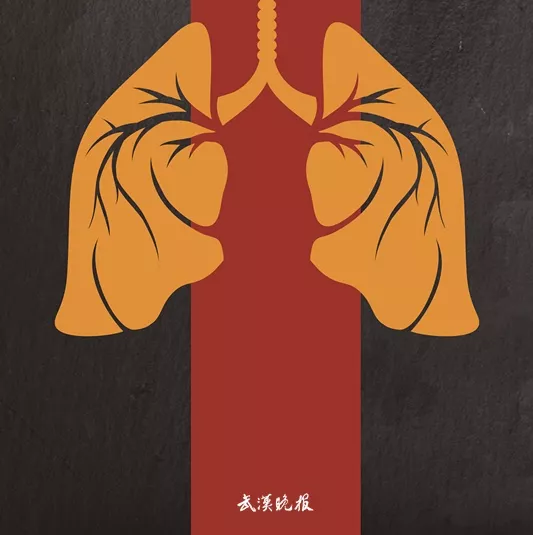
December 31, 2019
The COVID-19 epidemic had just started
Union Hospital of Huazhong University of Science and Technology
Set up an expert group immediately
Professor Zhang Jinnong, director of the emergency department
Was appointed as the deputy leader of the expert group
Mainly responsible for formulating clinical treatment plan for the epidemic
And optimize treatment processes
16 years ago
He fought against SARS
As a member of Wuhan City’s clinical treatment expert group
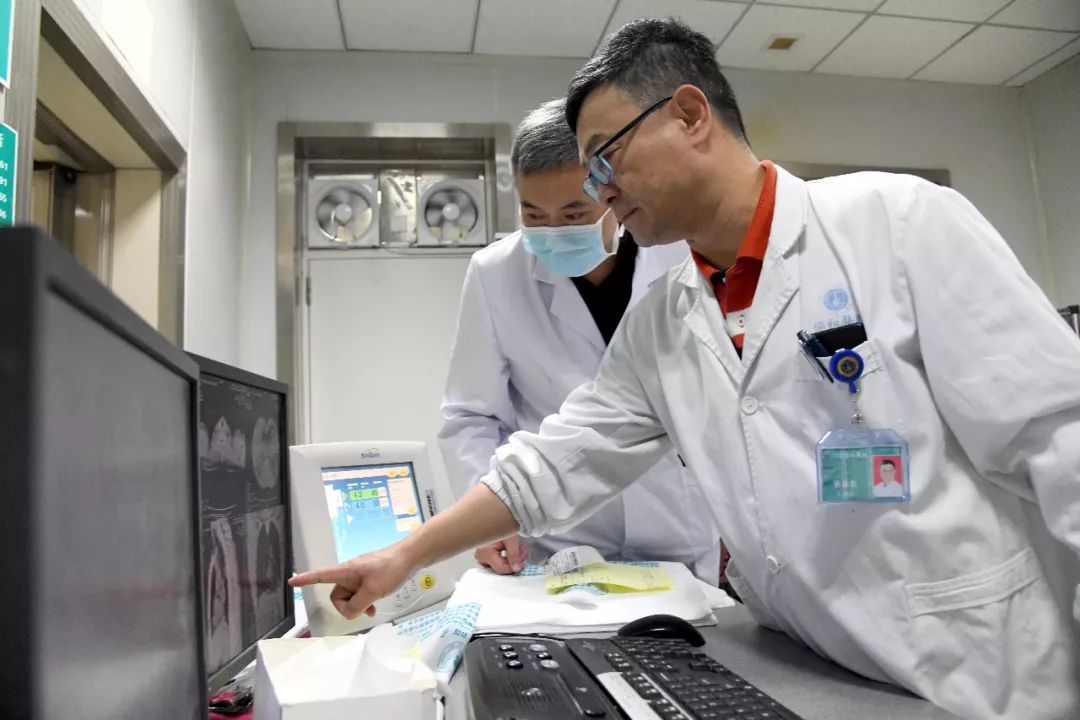
The fever population increased rapidly. Zhang Jinnong covered the fever clinic for half a month. With extreme fatigue and high frequency close contact, his body turned on a red light despite strict preventive measures.
He developed symptoms such as fever, chills, and a sore throat, and was confirmed to have been infected with the novel coronavirus after examination. After getting the results, Zhang Jinnong went home and isolated himself. After a week of oral medication, presently he had gradually recovered.
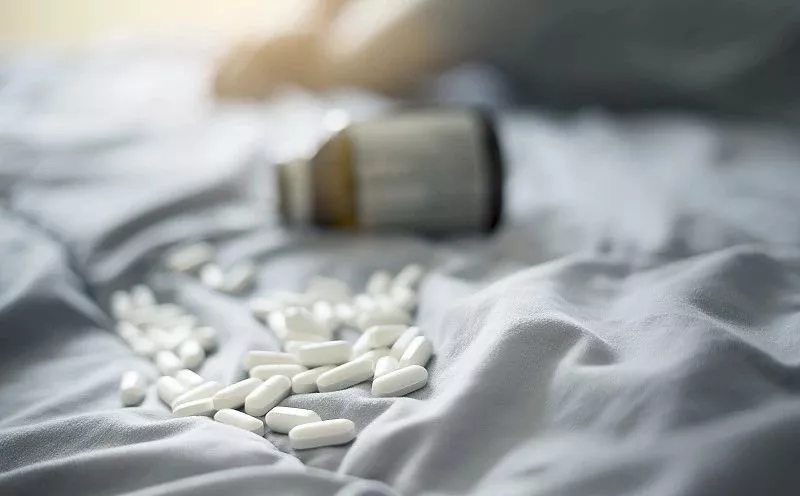
During the isolation period, still concerned about the epidemic, he remotely read scans, discussed cases, and guided consultations. In addition, comparing the different characteristics of the current outbreak and SARS, he quickly summarized clinical experiences, repeatedly consulted references, and drafted a very practical Wuhan Union Hospital 2019 Novel Coronavirus Infection Treatment Strategies and Instructions.
After the program was released by Union Hospital on the official Weibo channel, it was widely spread and highly praised by peers, providing a “Union Solution” for the entire society to effectively control the epidemic.
What experiences can Professor Zhang Jinnong share from the week of diagnosis to home isolation? What are the precautions for home isolation? Will it increase the spread of the virus?
On the 23rd, the reporter interviewed Professor Zhang Jinnong to answer these questions.
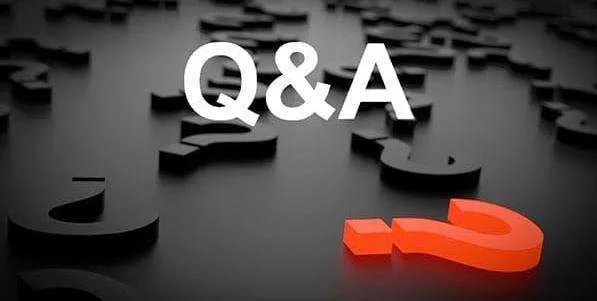
Q1
Reporter: Recently, we also interviewed many front-line medical staff. Some people say that home isolation for mild patients is better for themselves and others. You are a doctor and a confirmed patient. What do you think of this problem?
Zhang Jinnong: A case can be considered mild if the fever is lower than 38°C and can be self-treated, no breathing difficulty or need for oxygen support. For mild patients, isolation and oral medication at home can control the condition.
(I) don’t recommend hospitalization for mild patients. Hospitals tend to have many severely ill patients, which can lead to cross infection and it is not good for recovery. In addition, visits are not allowed for hospital-isolated patients, family members can get very worried.
Q2
Reporter: It is also high season for flu now. Many symptoms are similar. Are there any specific symptoms that can help us identify whether we are infected (with the novel coronavirus)?
Zhang Jinnong: This cannot be determined by oneself. Fever (some patients have no fever at the beginning of the illness) is an important manifestation of COVID-19, accompanied by mild dry cough, fatigue, poor breathing, diarrhea and other symptoms. Once these symptoms appear, you need to go to the hospital for nucleic acid tests.
Q3
Reporter: What advice do you have for home isolation?
Zhang Jinnong: For patients with multiple suites, it is best to live alone. Patients without multiple suites should live in a separate room, close the door, and do not share the bathroom with other people. Feces can also transmit the virus. If you live alone, you don’t need to open the window for a long time, keep warm. As for food, drink lots of hot chicken soup, drink till you sweat. Increasing your body temperature is good for fighting the virus.
Q4
Reporter: Some people are worried that home isolation will increase the spread of the virus. How to avoid this problem?
Zhang Jinnong: It’s entirely understandable that people should have these concerns. Now the most dangerous are not the patients, but the healthy carriers and mild cases running around. It is important to mobilize social forces for managing home-isolated patients, designate someone from the neighborhood committee to be responsible for their food, and train community doctors to manage them at home.
Q5
Reporter: Should I go to the hospital as soon as I get fever?
Zhang Jinnong: In this epidemic prevention war, we must take full advantage of community hospitals. Train community doctors as soon as possible. Patients can call or contact community doctors via WeChat group from home. Community doctors (with the best protection) should visit the mild cases at home, then determine if they should go to a designated hospital to avoid cross infection.
Q6
Reporter: How can I determine if I’m cured by myself? Under what circumstances can we end the isolation? How long does it typically take?
Zhang Jinnong: You are cured if the symptoms disappear, the appetite is back, and the energy level is back to normal. Of course, the final determination depends on the doctor. It is determined by lab results and whether the symptoms have completely disappeared.
The quarantine can be lifted with two consecutive negative nucleic acid test results according to current definition. Before you can be tested, extend the quarantine period as much as possible just in case, usually for two weeks.
Q7
Reporter: Many people are now hoarding antiviral drugs such as oseltamivir, banlangen, and 999 Cold Remedy. Is it helpful to use these drugs for prevention?
Zhang Jinnong: Hoarding medicines without understanding them, not seeking experts for treatment when sick, one may only end up hurting oneself.
Q8
Reporter: What do you think of Wuhan’s quarantine measures?
Zhang Jinnong: To prevent the global spread of the epidemic, closing off the city and banning public transportation are effective measures, but supporting measures are needed, such as encouraging travel by private cars and electric bicycles. For carless people, electric bicycles are probably the most commonly used means of transportation for the general public. During this special period, electric bicycle lanes must be delineated to allow crossing of the bridges, including several bridges in the center of Wuhan City.
For foreign residents stranded in Wuhan, rely on relatives and friends, or the government can provide free accommodation to prevent them from fleeing the city.
This, is the “self-healing” case of Professor Zhang Jinnong
In addition, Sun Guobing, director of the emergency department of Xinhua Hospital
Also suggest that mild patients isolate at home.
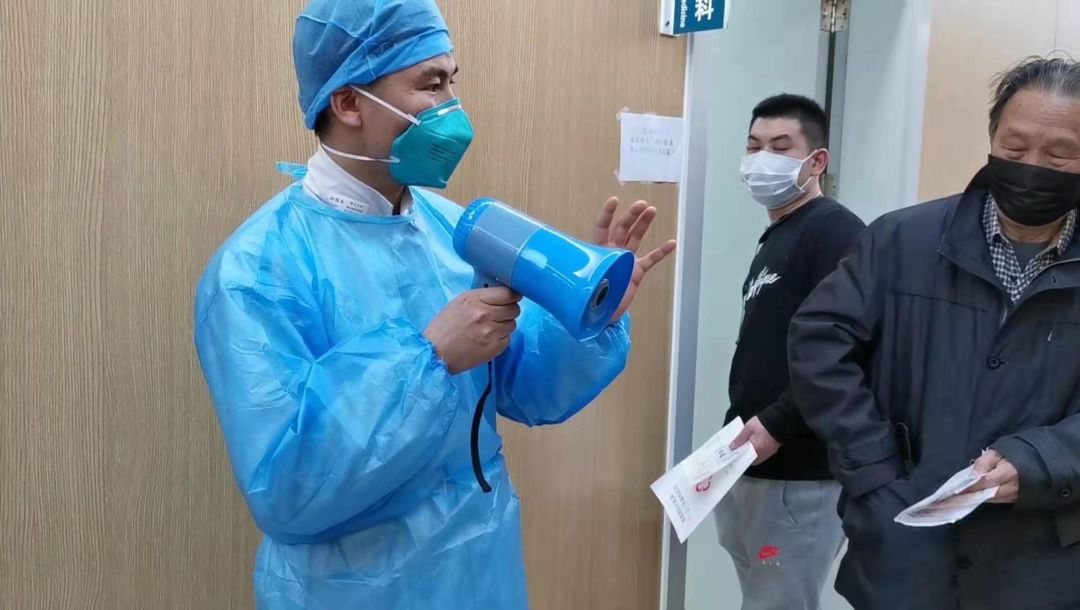
“We recommend that patients with mild illness take medication and isolate at home. The treatment effect is the same as that of injections at the hospital, and treatment at home is better for rest and food, which is more conducive to the recovery from this disease!”
At 11:40 am yesterday, Sun Guobing, director of the emergency department of Hubei Xinhua Hospital, picked up his small bullhorn and started speaking to the waiting patients.
Since the end of December last year, Sun Guobing’s emergency department’s number of admissions for respiratory diseases has increased significantly. Usually, there were 60 to 70 patients a day, now more than 300, and on the 22nd, 400 people.
Like other class III hospitals in Wuhan, since the number of patients with COVID-19 has increased, the emergency department and fever clinic of Hubei Xinhua Hospital have been under tremendous pressure and working above capacity, and it’s very difficult to get a bed in respiration related departments.
“We try to persuade patients with mild illness to isolate at home, because there is no need to be hospitalized. It is entirely for the safety of patients, to avoid cross-infection in the hospital!”
Sun Guobing told the reporter that isolating and treating mild patients at home is better than hospitalization. Because there is no specific medicine for COVID-19, symptomatic supportive treatment is the main treatment, and rest and nutrition have become important treatments. “Food and rest at home are both better than in hospitals.” Sun Guobing also said that home isolation is also necessary for epidemic prevention and control, which can reduce cross-infection in hospitals.
The mild patients Sun Guobing referred to means patients with only cough, low fever, and no breathing difficulties. Every patient considered mild after visiting Hubei Xinhua Hospital, the doctors here have advised them to take medication and isolate at home. They will create a profile for all patients who accept the doctors’ recommendations and follow-up with phone interviews and instructions during isolation. At present, 80% of the patients admitted to this hospital are taking medication and isolating at home.
How to Isolate at Home?
Sun Guobing suggested living in separate rooms, with the patient living alone, and meals being sent to the room for the patient to eat alone. All rooms, including the patient’s room, the living room and bathrooms, should be opened for ventilation twice a day, for half an hour each. Keep the windows cracked open at night when you sleep.
Two weeks after the symptoms have completely disappeared, the patient can leave the isolation room.
“Eat four eggs a day, steam them into egg custard that is easy to digest and absorb.” The four eggs are an important part of the nutrition plan prescribed by Sun Guobing for patients isolating at home. In addition to asking patients to eat a balanced diet, he also asked them to eat more vegetables, fruits, and drink more water.
“Our judgment and handling of the disease are determined rigorously, aiming at treatment and patient safety.” Sun Guobing appealed to patients who are anxious about COVID-19, “Please trust us and follow us doctors’ advice! Let’s fight together!”
Related Articles: